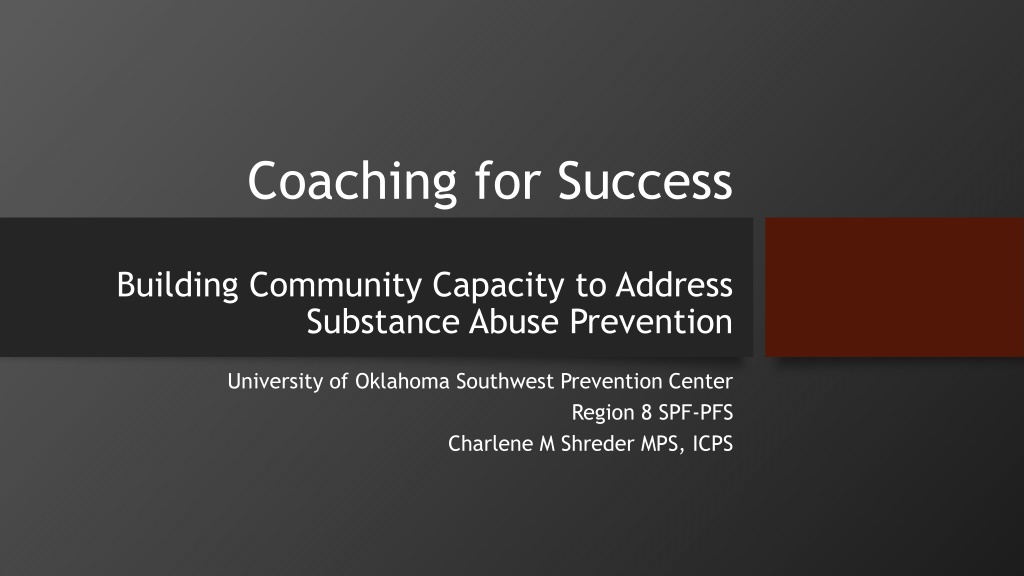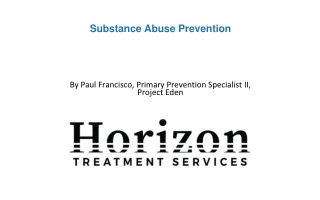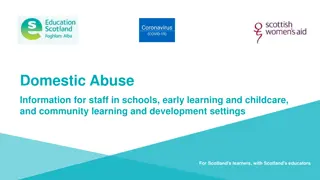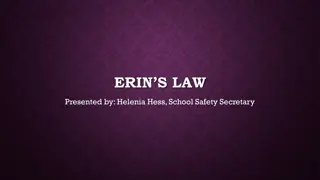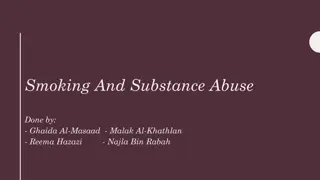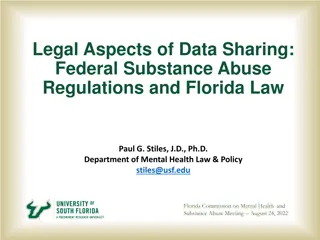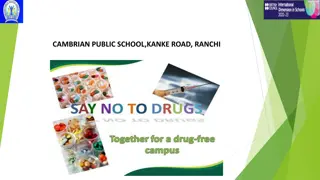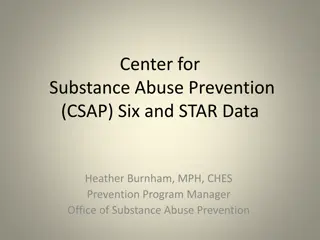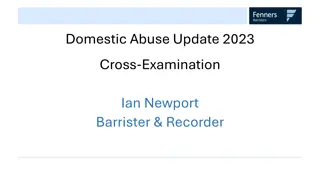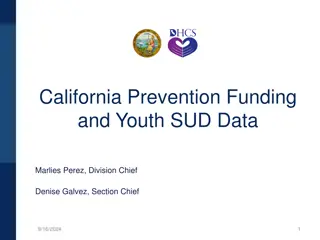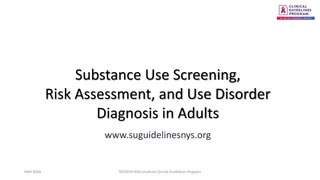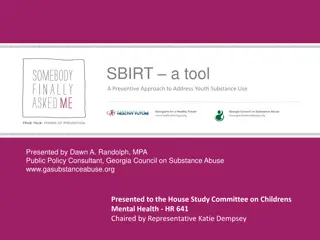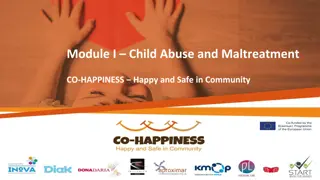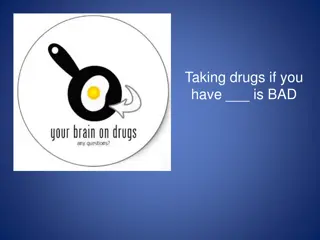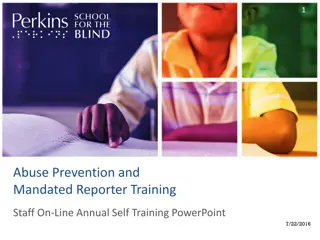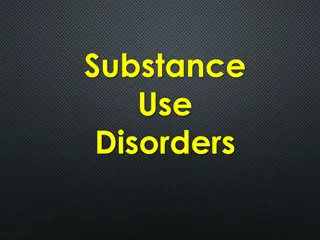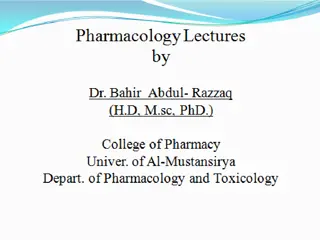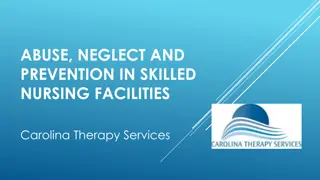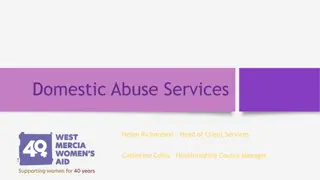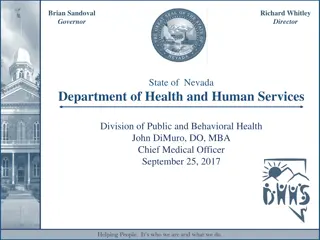Enhancing Community Capacity for Substance Abuse Prevention
Coaching for Success is a program by the University of Oklahoma Southwest Prevention Center that focuses on building community capacity to address substance abuse prevention. It offers technical assistance and training to help identify solutions, adopt knowledge, and effectively implement customized strategies. Participants are expected to engage in various activities to enhance their prevention efforts and achieve short- and long-term outcomes. The program underscores collaboration, support, and tailored interventions to combat substance abuse effectively.
Download Presentation

Please find below an Image/Link to download the presentation.
The content on the website is provided AS IS for your information and personal use only. It may not be sold, licensed, or shared on other websites without obtaining consent from the author. Download presentation by click this link. If you encounter any issues during the download, it is possible that the publisher has removed the file from their server.
E N D
Presentation Transcript
Coaching for Success Building Community Capacity to Address Substance Abuse Prevention University of Oklahoma Southwest Prevention Center Region 8 SPF-PFS Charlene M Shreder MPS, ICPS
Overview What is Coaching for Success? How does Coaching for Success work? Highlights from Coaching for Success experience Key Resources Questions
Question How would you define training and technical assistance?
Technical Assistance (TA) is1 A collaborative relationship-based model of assistance and support designed to: Identify and select solutions to address problems, needs or goals; Adopt or adapt knowledge to practice; and Effectively implement solutions customized to meet the needs of clients CAPT SAMHSA s Center for the Application of Prevention Technologies
Coaching for Success Expectations Attend the Coaching for Success participant orientation Participate in virtual or in-person service planning with assigned T/TA provider State and PFS Directors review service plans Participate in monthly calls with T/TA provider Take part in CAPT services such as webinars, in-person T/TA and online courses Attend meetings with T/TA provider to discuss progress in CFS every 4 to 6 weeks CAPT SAMHSA s Center for the Application of Prevention Technologies
Logic Model: Short- and Long-term Outcomes Risk and Protective Factors Problems and Related Behaviors Long-term Outcomes Short-term Outcomes Interventions CAPT SAMHSA s Center for the Application of Prevention Technologies
Example: Underage Drinking Risk and Protective Factors Problems and Related Behaviors Long-term Outcomes Short-term Outcomes Interventions (Long-term) Reduce underage current use (Short-term) Reduce the number of sales to minors Compliance checks Underage drinking Retail access Merchant education
Resources Handouts Opioid Research Training Materials
